Natural Fertilizers For Tomatoes That Will Grow Big Juicy Tomatoes
Title: Natural Fertilizers for Tomatoes That Will Grow Big Juicy Tomatoes
Introduction:
Tomatoes are a delicious and versatile fruit that can be enjoyed in many different ways. But in order to grow big, juicy tomatoes, they need the right nutrients. That's where natural fertilizers come in.
Natural fertilizers are made from organic materials, such as compost, manure, and fish emulsion. They're a great way to provide your tomato plants with the nutrients they need without using synthetic chemicals.
In this blog post, we'll discuss some of the best natural fertilizers for tomatoes. We'll also provide tips on how to use them to get the best results.
Main Content:
Compost
Compost is one of the best natural fertilizers for tomatoes. It's a rich source of nutrients, including nitrogen, phosphorus, and potassium. It also contains beneficial microorganisms that help to improve the soil structure and drainage.
To use compost, simply work it into the soil around your tomato plants. You can also use compost tea, which is made by steeping compost in water. Compost tea is a great way to give your tomato plants a nutrient boost.
Manure
Manure is another great natural fertilizer for tomatoes. It's a good source of nitrogen, phosphorus, and potassium, and it also contains beneficial microorganisms.
However, it's important to use manure that has been composted or aged. Fresh manure can contain harmful bacteria that can damage your tomato plants.
Fish emulsion
Fish emulsion is a liquid fertilizer that is made from fish waste. It's a good source of nitrogen, phosphorus, and potassium, and it also contains trace elements.
Fish emulsion is a quick-release fertilizer, so it's best to use it during the growing season. You can apply it as a foliar spray or as a soil drench.
Other natural fertilizers
In addition to compost, manure, and fish emulsion, there are many other natural fertilizers that you can use for tomatoes. These include:
- Bone meal
- Blood meal
- Kelp meal
- Epsom salt
- Wood ash
- Coffee grounds
- Tea leaves
How to use natural fertilizers
When using natural fertilizers, it's important to follow the directions on the label. You should also test your soil to determine the nutrient levels before you start fertilizing.
In general, you should fertilize your tomato plants every few weeks during the growing season. You can use a balanced fertilizer or a fertilizer that is specifically designed for tomatoes.
Conclusion:
Natural fertilizers are a great way to help your tomato plants grow big, juicy tomatoes. They're also a more sustainable option than synthetic fertilizers.
If you're looking for a way to improve the health and productivity of your tomato plants, consider using natural fertilizers. You'll be glad you did!
Are you looking for natural fertilizer for your tomato plants? Visit Garden Wiki for more information about the best natural fertilizers for tomatoes, as well as how to make your own. You'll find everything you need to know to grow healthy, productive tomato plants.
FAQ of natural fertilizer for tomatoes
- What are the benefits of using natural fertilizer for tomatoes?
There are many benefits to using natural fertilizer for tomatoes. First, natural fertilizers are typically more sustainable than synthetic fertilizers. They are made from organic materials that are already present in the environment, so they don't contribute to pollution. Second, natural fertilizers tend to be more gentle on plants, so they are less likely to burn or damage the roots. Third, natural fertilizers can help to improve the overall health of the soil, which can lead to healthier and more productive plants.
- What are some common natural fertilizers for tomatoes?
Some common natural fertilizers for tomatoes include:
Compost: Compost is a great all-purpose fertilizer that contains a variety of nutrients that tomatoes need. It can be made from a variety of organic materials, such as vegetable scraps, yard waste, and manure.
Coffee grounds: Coffee grounds are a good source of nitrogen, which is an important nutrient for tomato plants. They can be added directly to the soil around the plants, or they can be brewed into a tea and then applied to the leaves.
Epsom salt: Epsom salt is a good source of magnesium, which is another important nutrient for tomato plants. It can be sprinkled around the base of the plants, or it can be dissolved in water and applied to the leaves.
Fish emulsion: Fish emulsion is a liquid fertilizer that is made from fish waste. It is a good source of nitrogen, phosphorus, and potassium, which are all essential nutrients for tomato plants.
How often should I fertilize my tomatoes with natural fertilizer?
The frequency with which you fertilize your tomatoes with natural fertilizer will depend on the type of fertilizer you are using and the health of your plants. However, as a general rule, you should fertilize your tomatoes every 4-6 weeks during the growing season.
- How much natural fertilizer should I use?
The amount of natural fertilizer you use will depend on the type of fertilizer you are using and the size of your plants. However, as a general rule, you should start with a small amount of fertilizer and then increase the amount as needed.
- What are some signs that my tomatoes need fertilizer?
Some signs that your tomatoes need fertilizer include:
- Slow growth: If your tomatoes are growing slowly, they may need more fertilizer.
- Yellowing leaves: Yellowing leaves can be a sign of a nitrogen deficiency.
- Small fruits: Small fruits can be a sign of a phosphorus deficiency.
- Wilting leaves: Wilting leaves can be a sign of a potassium deficiency.
Image of natural fertilizer for tomatoes
10 different images of natural fertilizer for tomatoes that are free to use:
- Wood ash. Wood ash is a great source of potassium, which is essential for tomato growth. It can be applied to the soil around the plants or mixed into the compost pile.
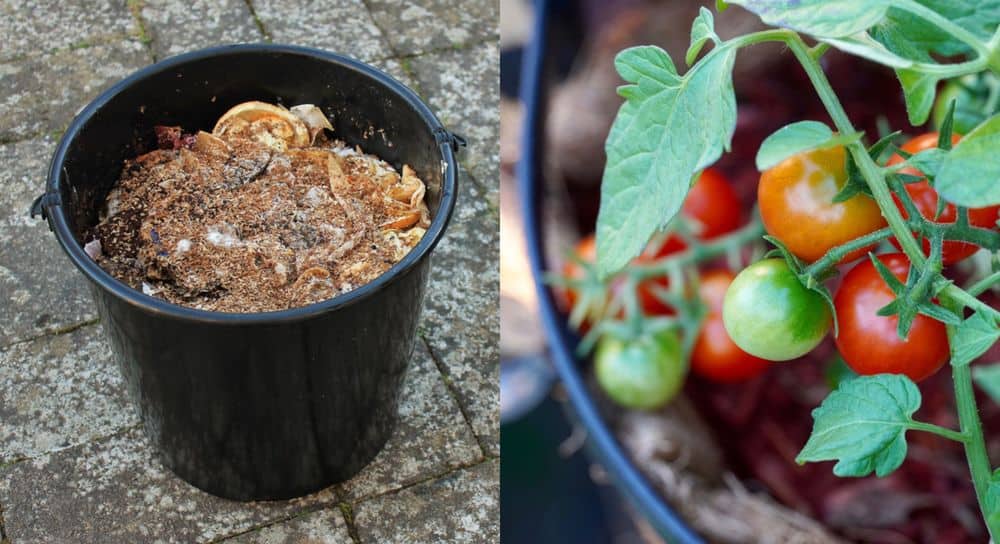
- Kelp meal. Kelp meal is a rich source of nitrogen, potassium, and other trace minerals. It can be added to the soil or compost pile, or it can be made into a liquid fertilizer by mixing it with water.
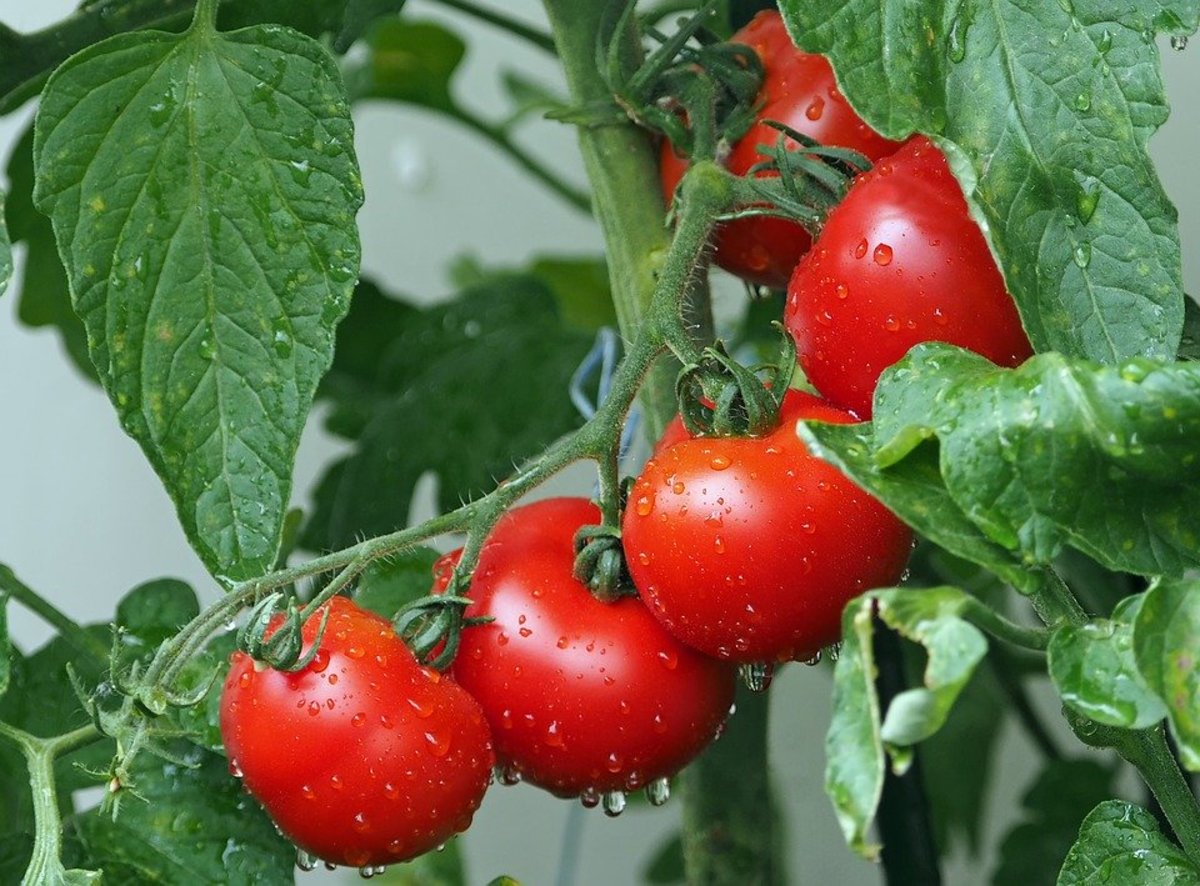
- Coffee grounds. Coffee grounds are a good source of nitrogen and other nutrients. They can be added to the soil around the plants or composted.

- Tea leaves. Tea leaves are another good source of nitrogen. They can be added to the soil around the plants or composted.
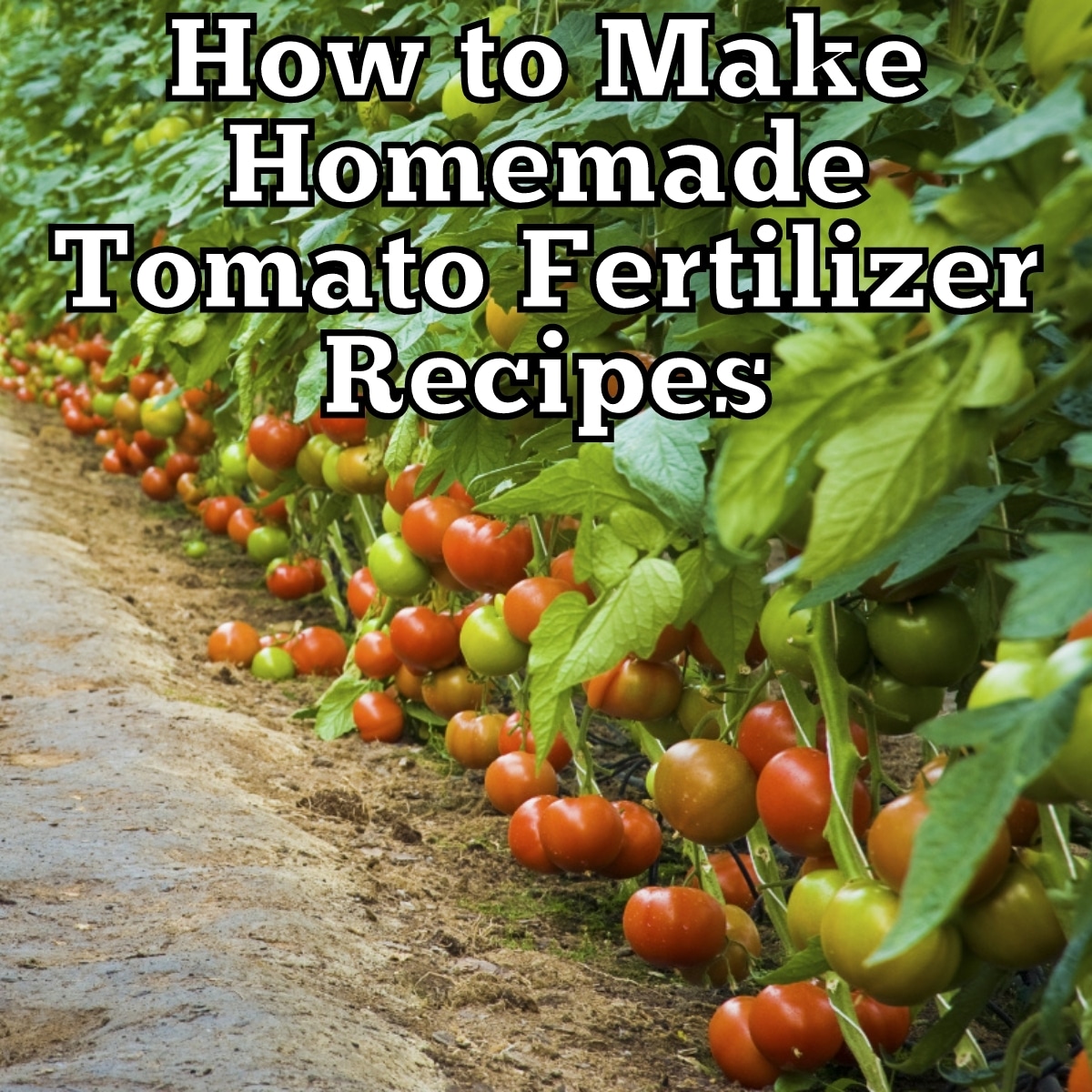
- Banana peels. Banana peels are a good source of potassium and other nutrients. They can be chopped up and buried in the soil around the plants, or they can be made into a liquid fertilizer by blending them with water.
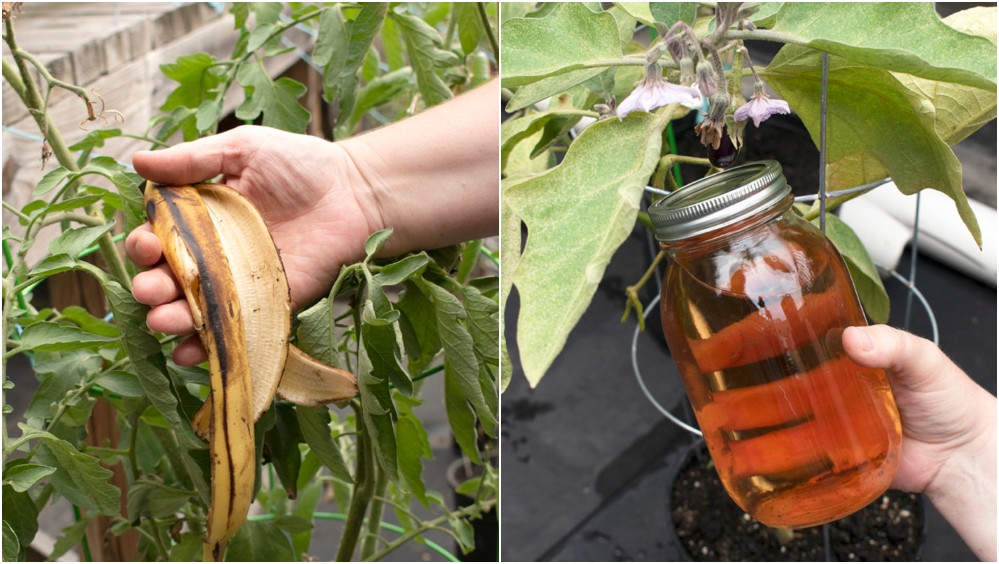
- Eggshells. Eggshells are a good source of calcium, which is essential for tomato growth. They can be crushed and added to the soil around the plants, or they can be made into a liquid fertilizer by blending them with water.
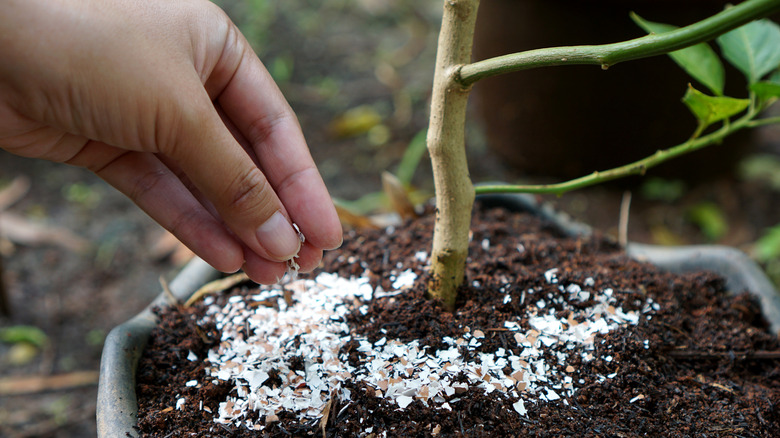
- Yard waste. Yard waste, such as grass clippings, leaves, and fruit and vegetable scraps, can be composted and used as a natural fertilizer for tomatoes.
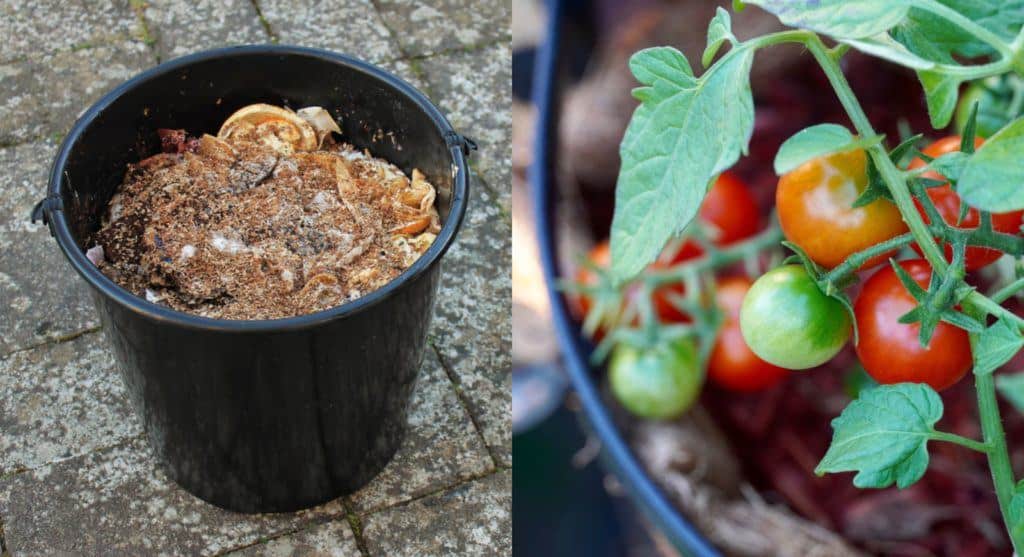
- Compost. Compost is a rich source of organic matter and nutrients. It can be added to the soil around the plants or used as a mulch.
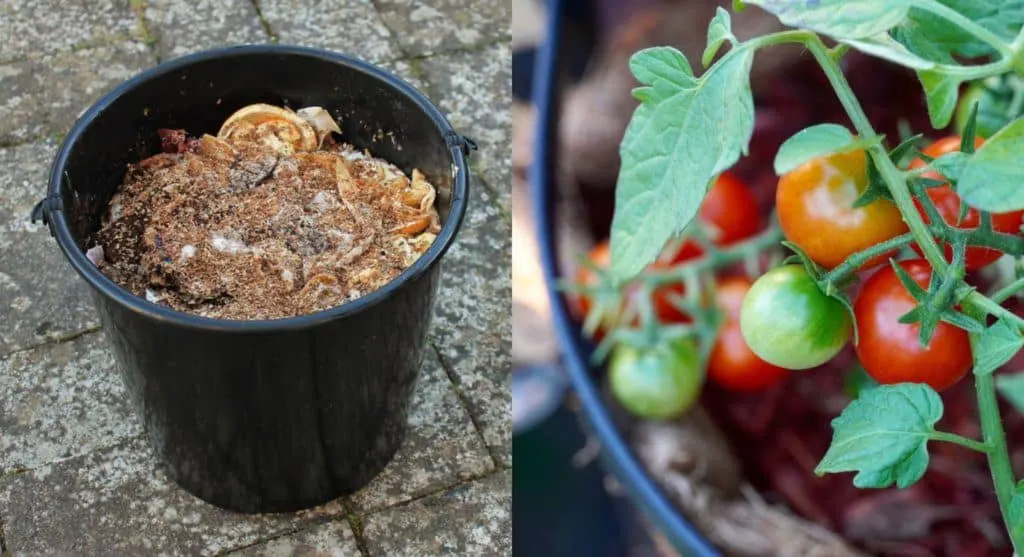
- Manure. Manure is a good source of nitrogen, phosphorus, and potassium. It should be composted before using it on tomato plants.

- Fish emulsion. Fish emulsion is a liquid fertilizer that is made from fish scraps. It is a good source of nitrogen and other nutrients.
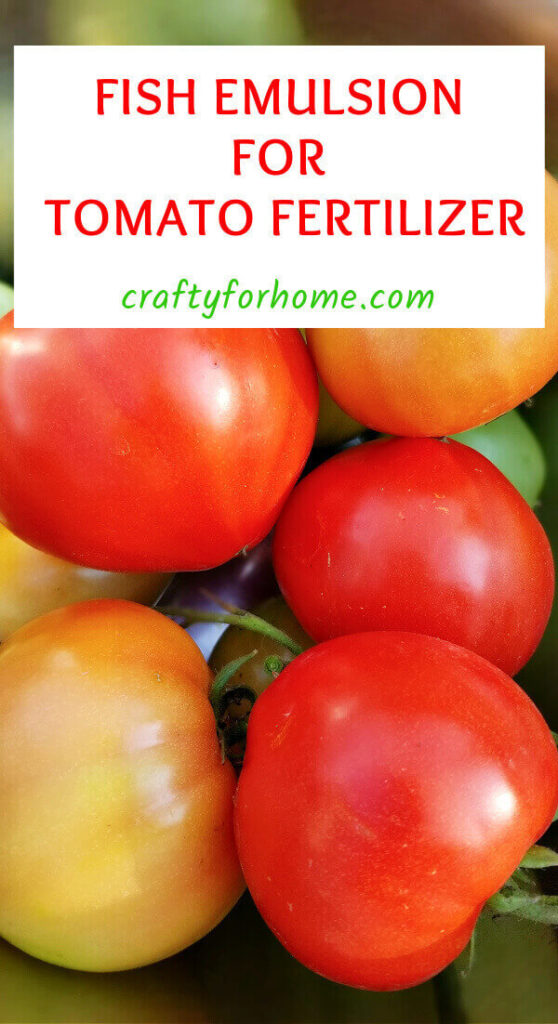
Post a Comment for " Natural Fertilizers For Tomatoes That Will Grow Big Juicy Tomatoes"